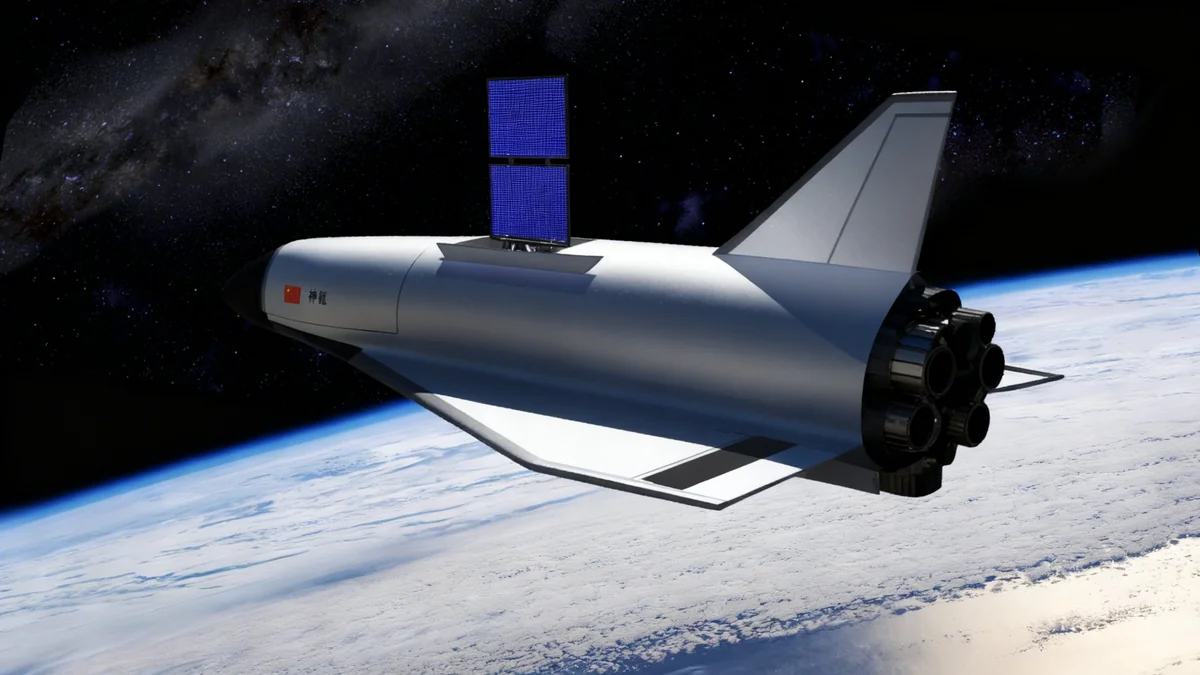Germany has announced a significant investment of €35 billion (approximately $41 billion) into its space-related defense capabilities, a plan set to unfold by 2030. The initiative aims to bolster the nation's ability to protect its assets in orbit and increase its technological autonomy in an increasingly contested domain.
Defense Minister Boris Pistorius detailed the strategy in Berlin, highlighting the growing vulnerabilities of satellite-dependent infrastructure and signaling a major shift in Germany's national security policy toward a more proactive stance in space.
Key Takeaways
- Germany will allocate €35 billion for space defense projects through 2030.
- The plan includes enhanced surveillance, hardened systems, and a dedicated military space operations center.
- Defense Minister Boris Pistorius identified Russia and China as potential adversaries in space.
- The strategy marks a policy shift, with Germany now considering offensive capabilities for deterrence.
A New Era for German Space Security
The announcement was made by Defense Minister Boris Pistorius during a speech at the German industry’s third Space Congress. He emphasized that modern societies are critically dependent on satellite networks, describing them as a potential 'Achilles heel'.
"Whoever attacks them paralyzes entire nations," Pistorius stated, underscoring the severe consequences of disruptions to space-based infrastructure. This investment reflects a growing international recognition of space as a critical domain for national security and economic stability.
Background: The Bundeswehr Space Command
Germany's focus on space security is not entirely new. In 2021, the country established the Bundeswehr Space Command under the authority of its air force. This command is responsible for monitoring space, protecting German satellites, and analyzing threats in orbit. The new funding will significantly expand its capabilities and operational scope.
Learning from Past Threats
To illustrate the tangible risks, Pistorius referenced a specific cyberattack that occurred just before the full-scale invasion of Ukraine. He pointed to a Russian cyber operation targeting the ViaSat satellite network, which had direct consequences on German infrastructure.
The attack disrupted the operational control of nearly 6,000 wind turbines in Germany. This event served as a clear example of how space-related incidents can have far-reaching effects on civilian systems and energy grids.
"Russia’s behavior, especially in space, poses a fundamental threat to us all. It is a threat that we can no longer ignore," declared Boris Pistorius.
The minister also highlighted specific activities in orbit, noting that two Russian Luch-Olymp reconnaissance satellites were observed tracking two Intelsat satellites used by the German military. He questioned the peaceful intent of such maneuvers, describing them as close to "real threat scenarios."
Details of the Comprehensive Defense Architecture
The €35 billion investment will fund a multi-faceted military space security architecture designed to create a resilient and capable defense network. The plan is comprehensive, covering both defensive and surveillance aspects of space operations.
Key Components of the New Strategy:
- Hardened Systems: Developing and deploying satellites and ground systems that are more resistant to electronic and physical attacks.
- Improved Surveillance: Enhancing Germany's ability to monitor objects and activities in orbit through advanced ground-based radars and telescopes.
- Guardian Satellites: A future project to develop satellites capable of protecting other critical German assets in space.
- Military Operations Center: Establishing a fully independent military satellite operations center within the Bundeswehr’s Space Command.
Global Defense Spending
With recent increases to its military budget, Germany now ranks fourth globally in terms of defense expenditures. The top three spenders are the United States, China, and Russia, according to recent data on military spending.
A Strategic Shift Toward Deterrence
Perhaps the most significant aspect of the announcement is a clear shift in German policy. Pistorius stated that Germany must now consider developing offensive capabilities in space to establish a credible deterrent. This marks a departure from the country's historically defensive-only posture regarding space activities.
"We must also be able to deter in space in order to be defensible," he explained. This new doctrine suggests that Germany will explore capabilities that can actively counter threats, rather than just withstand them.
The Outer Space Treaty of 1967
International law governing space includes the 1967 Outer Space Treaty, ratified by 117 nations, including Germany, Russia, and the U.S. The treaty prohibits placing weapons of mass destruction in orbit and mandates that celestial bodies like the Moon be used "exclusively for peaceful purposes." However, the treaty is less clear on conventional weapons or dual-use technologies, a gray area many nations are now navigating.
This strategic evolution aligns Germany with other major spacefaring nations that are actively developing both defensive and offensive space capabilities. The investment is part of a broader trend of increased military spending in Germany, reflecting a changed security landscape in Europe.





